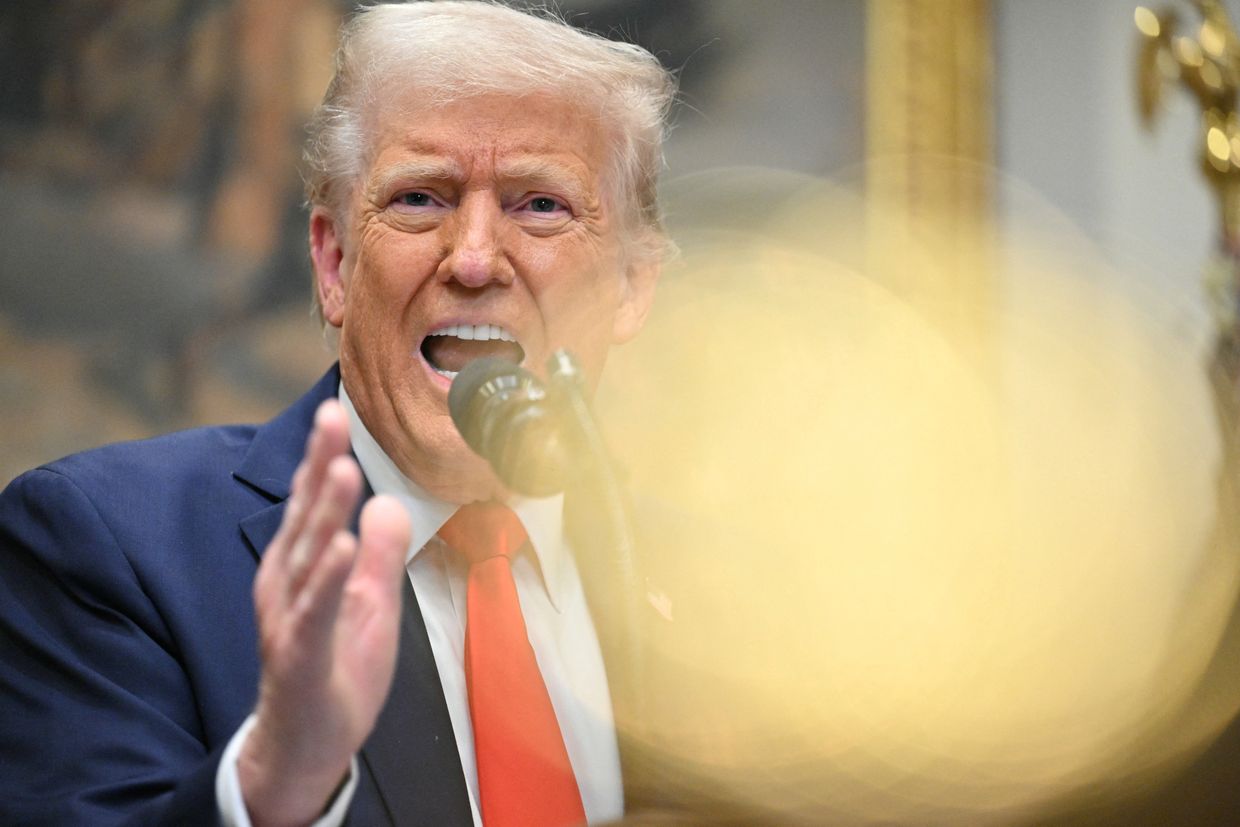Zelensky calls on allies to push for 'regime change' in Russia, warns of further aggression against Europe

President Volodymyr Zelensky called on Western allies to push for regime change in Russia at a conference marking 50 years since the signing of the Helsinki Final Act on July 31, warning that Moscow will further attempt to destabilize European allies.
"I believe Russia can be pushed to stop this war. It started it, and it can be made to end it. But if the world doesn’t aim to change the regime in Russia, that means even after the war ends, Moscow will still try to destabilize neighboring countries," Zelensky said during his virtual address.
Zelensky, who made the comments hours after Russia launched another large-scale attack on Kyiv, further called on allies to exert additional economic pressure on Moscow as Russian President Vladimir Putin continues to reject a ceasefire in Ukraine.
"We need to fully block Russia’s war machine... put every frozen Russian asset, including the stolen wealth of corruption, to work defending against Russian aggression. It’s time to confiscate Russian assets, not just freeze them," the president added.
The comments come as U.S. President Donald Trump has seemingly shifted his stance on support for Ukraine amid mounting frustrations with Putin.
Senior American diplomat John Kelley told the U.N. Security Council on July 31 that Trump wants a deal to end Russia's war in Ukraine by Aug. 8. Trump previously warned on July 29 that tariffs on Russia would take effect within 10 days unless the Kremlin agreed to halt its full-scale invasion.
The proposed tariffs include sweeping secondary sanctions on countries that continue to buy Russian oil, gas, and other exports — a move that would directly impact major trading partners such as China and India.
As Russia continues to increase the intensity of its attacks against Ukrainian cities, peace talks with Moscow continue to make "no progress," U.S. Secretary of State Marco Rubio said on July 31.
Amid increased Russian sabotage operations in across Europe, the EU has also grown concerned about the Kremlin's objectives in other European nations.
Polish Prime Minister Donald Tusk said on July 25 that Russia will likely be ready for a potential military confrontation with Europe within the next two years. Poland, which borders Belarus and Russia's militarized Kaliningrad exclave, would likely be on the front line of such a conflict.
Since the start of the full-scale invasion in February 2022, the Kremlin has been at the helm of numerous assassination plots against Zelensky and top Ukrainian officials. At least three assassination attempts on Zelensky were reported by March 2022 as Russian forces were pushing toward Ukraine's capital before being defeated in the battle of Kyiv.












